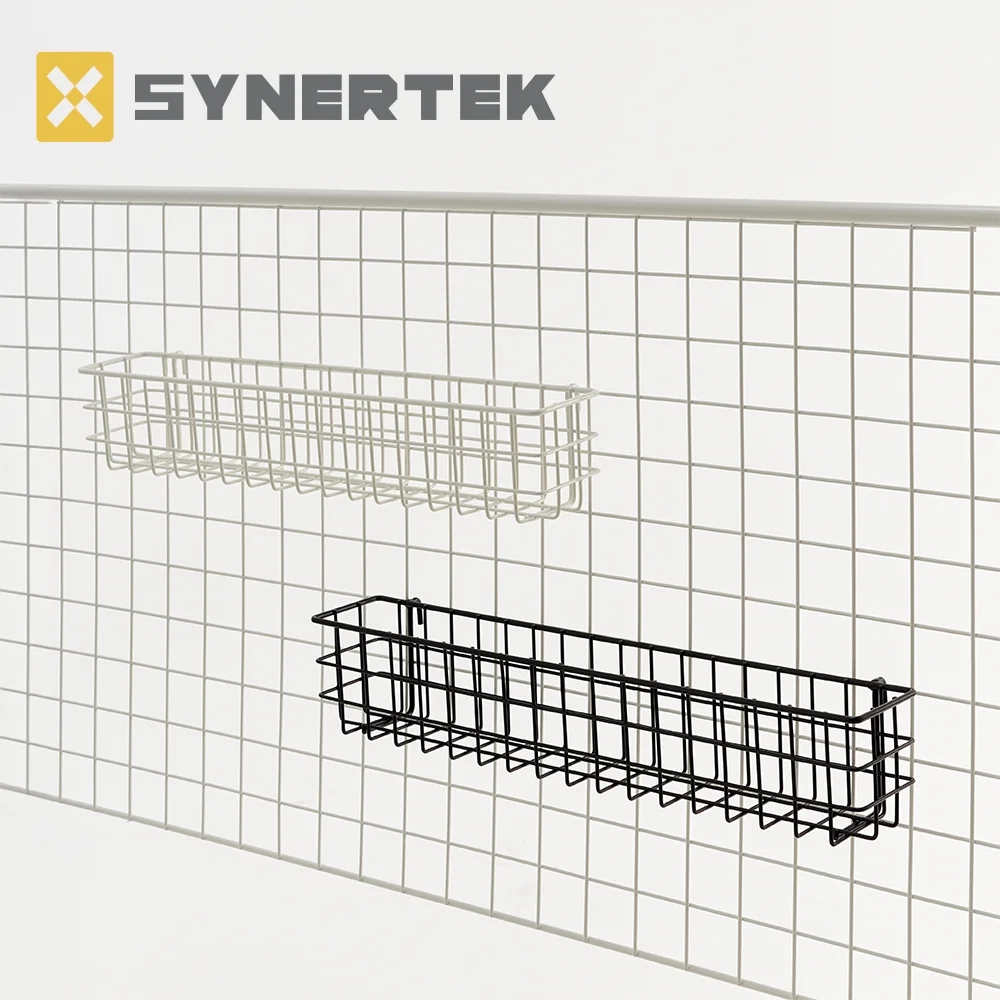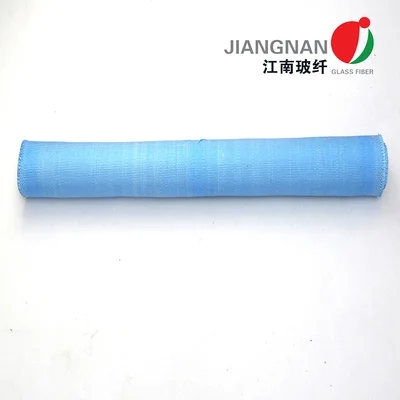Building a house is a significant investment, and one crucial aspect that determines its longevity and stability is the choice of foundation material. With a plethora of options available, it can be challenging to determine the best foundation material for a house. In this article, we will explore various factors to consider and unveil the ideal foundation material that ensures a solid and sustainable structure.
- Understanding the Importance of Foundation Material:
The foundation material serves as the base upon which the entire house rests. It must possess qualities such as strength, durability, stability, and resistance to environmental factors. A well-chosen foundation material provides a solid footing, preventing structural issues and ensuring the longevity of the house. - Concrete: The Time-Tested Champion:
Concrete has long been the go-to choice for foundation material due to its exceptional strength and durability. It offers excellent load-bearing capacity, making it suitable for various soil types. Reinforced concrete, with steel bars embedded within, enhances its tensile strength, making it resistant to cracks and settling. - Engineered Wood: A Sustainable Alternative:
For those seeking an eco-friendly option, engineered wood, such as cross-laminated timber (CLT), is gaining popularity. CLT offers impressive strength and stability while reducing the carbon footprint associated with traditional concrete. It is lightweight, easy to work with, and provides excellent insulation properties. - Insulated Concrete Forms (ICFs): Combining Strength and Energy Efficiency:
ICFs are a modern and innovative foundation material that combines the strength of concrete with energy-efficient insulation. These interlocking forms create a robust and well-insulated foundation, reducing energy consumption and enhancing the overall comfort of the house. ICFs also offer excellent resistance to fire, pests, and natural disasters. - Stone and Masonry: Aesthetically Pleasing and Durable:
For those seeking a timeless and visually appealing foundation material, stone and masonry options, such as brick or natural stone, are worth considering. These materials provide excellent durability and can withstand harsh weather conditions. Additionally, they offer superior thermal mass, regulating indoor temperatures and reducing energy costs. - Considerations for Specific Soil Conditions:
The choice of foundation material should also consider the soil conditions prevalent in the area. For expansive clay soils, materials with good drainage properties, such as gravel or crushed stone, can help mitigate potential issues caused by soil movement. In areas prone to earthquakes, reinforced concrete or ICFs provide enhanced structural integrity.
Conclusion:
Choosing the best foundation material for a house requires careful consideration of factors such as strength, durability, sustainability, and soil conditions. While concrete remains a popular choice, alternatives like engineered wood, ICFs, and stone offer unique advantages. By selecting the ideal foundation material, homeowners can ensure a solid, sustainable, and long-lasting structure that withstands the test of time.




+ There are no comments
Add yours